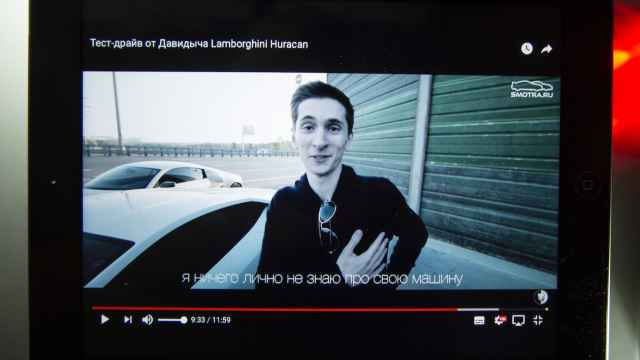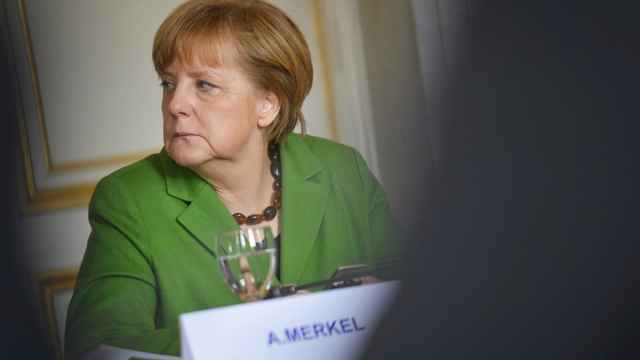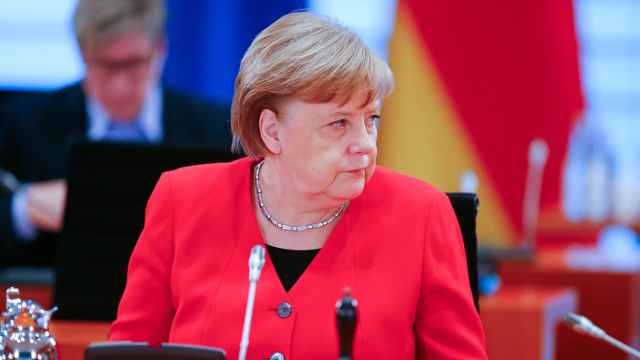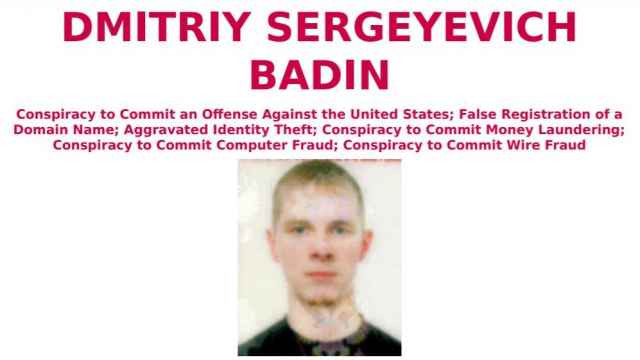A Russian charged with hacking LinkedIn is of great interest in a U.S. probe of election meddling, according to a Justice Department official, even as his own lawyers complain he hasn’t cooperated with them since landing in a California jail in March.
The mystery around Yevgeny Nikulin deepened Friday when a federal judge asked why his lawyers, who want him evaluated for possible mental illness, chose a San Francisco psychiatrist with a troubled past at California’s medical board.
And Nikulin’s defense — led by a New York-based attorney seasoned in representing Russians and Eastern Europeans charged with serious crimes in the U.S. — say Russian officials have shown unusually strong interest in his case, arranging at least once to visit him in jail when the attorneys weren’t present.
The lead attorney, Arkady Bukh, said he remains concerned, maybe ”paranoid,” over Nikulin’s safety after a former Russian spy and his daughter were poisoned earlier this year in England with a nerve agent.
“They are very active, by far more active than any other case," Bukh said of Russian embassy officials. “Now it’s less frequent, but earlier in the case they were calling almost every day. I have no duties to them. They’re not my client.”
Bukh said Nikulin probably didn’t cooperate when officials from the Russian consulate visited him at Santa Rita Jail in Dublin, California, about 64 kilometers east of San Francisco. Representatives of the Russian Embassy in Washington didn’t immediately respond to a request for comment.
Nikulin is accused by the U.S. of hacking LinkedIn and Dropbox in 2012, one of the largest data breaches in the country’s history when some 117 million login codes were stolen. His extradition to the U.S. from the Czech Republic in March heightened diplomatic tensions with Russia, which has been accused by American intelligence officials of hacking the Democratic National Committee’s email server while interfering in the 2016 presidential election.
Moscow had a dueling request with Prague officials to extradite Nikulin to Russia, which said when he was first arrested in 2016 that the U.S. was “hunting for Russian citizens across the world.”
Prosecutors are as eager to find out what, if anything, Nikulin knows about election meddling as they are to get to the bottom of the LinkedIn and Dropbox hacks, said the U.S. Justice Department official, who declined to be identified without authorization to discuss the case.
Federal marshals said that when Nikulin first arrived in San Francisco he physically confronted guards and tried to escape from custody — and he was shackled for his next court appearance.
‘Starts Laughing’
Ever since, his attorneys have said, he’s been unwilling to work with them. Valery Nechay, a lawyer helping Bukh, said Nikulin often “just stares off blankly or starts laughing at very serious moments.”
The lawyers won court approval this month, with no objections from prosecutors, for a psychological evaluation of Nikulin to determine whether he’s mentally incompetent to assist in his own defense.
But two days after the defense lawyers submitted the name of their chosen psychiatrist, Alexander Grinberg, U.S. District Judge William Alsup ordered Bukh and prosecutors to provide him with more information on Grinberg’s “probationary status with the California Medical Board arising out of complaints of unprofessional conduct and gross negligence.” The judge set an Aug. 27 deadline for both sides to comment.
Bukh said he’s not aware of the complaints against Grinberg, who has a 2-star rating on Yelp and a 4.5-star rating on healthgrades.com. Grinberg, whose voicemail has greetings in English and Russian, didn’t immediately respond to a phone call seeking comment.
A Message from The Moscow Times:
Dear readers,
We are facing unprecedented challenges. Russia's Prosecutor General's Office has designated The Moscow Times as an "undesirable" organization, criminalizing our work and putting our staff at risk of prosecution. This follows our earlier unjust labeling as a "foreign agent."
These actions are direct attempts to silence independent journalism in Russia. The authorities claim our work "discredits the decisions of the Russian leadership." We see things differently: we strive to provide accurate, unbiased reporting on Russia.
We, the journalists of The Moscow Times, refuse to be silenced. But to continue our work, we need your help.
Your support, no matter how small, makes a world of difference. If you can, please support us monthly starting from just $2. It's quick to set up, and every contribution makes a significant impact.
By supporting The Moscow Times, you're defending open, independent journalism in the face of repression. Thank you for standing with us.
Remind me later.






